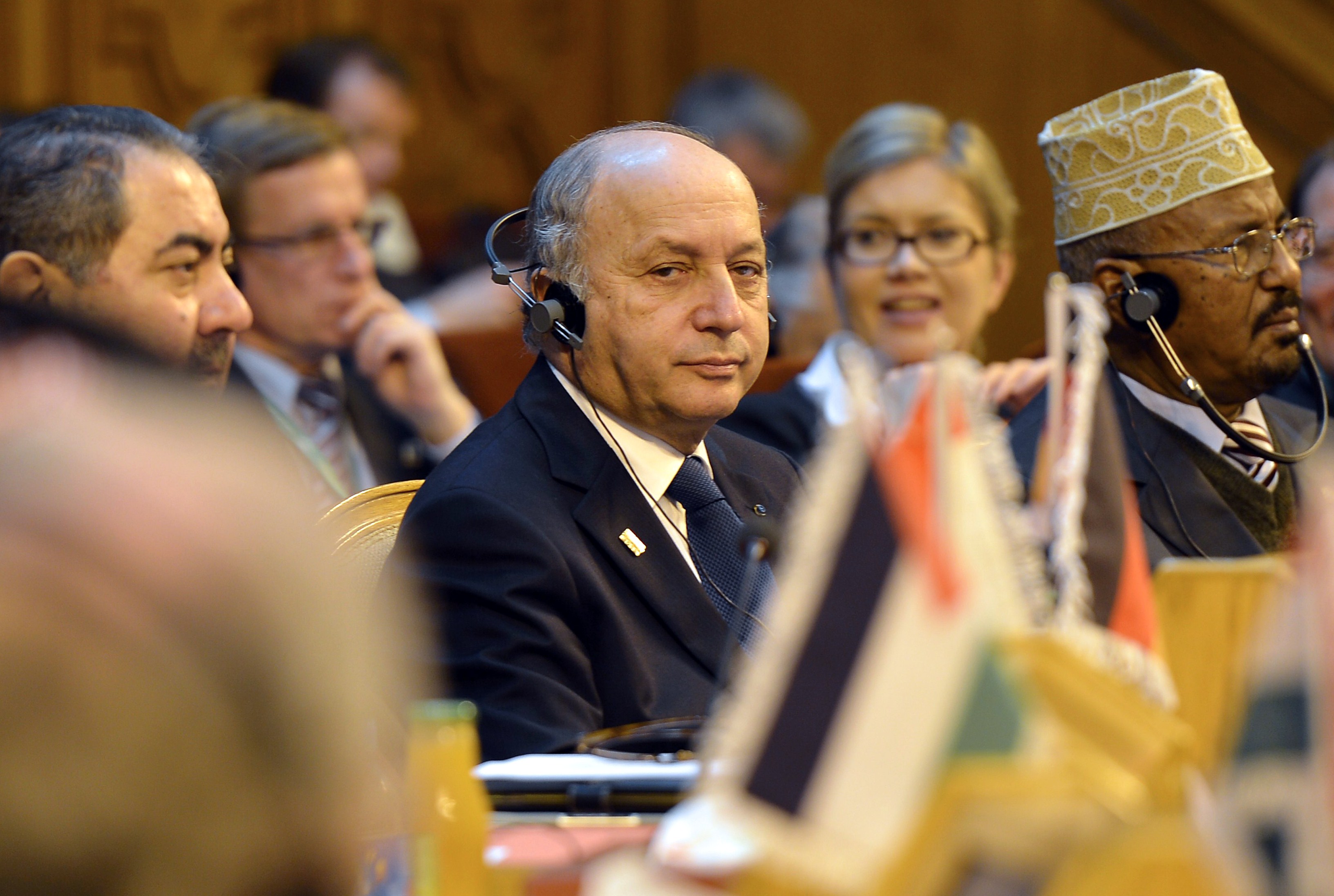CAIRO: The Egyptian government will reduce the real estate tax significantly, announced Minister of Finance Youssef Boutros Ghali at the Euromoney Egypt Conference Tuesday.
“The current real estate tax of about 46 percent is not a sensible number, we aim to reduce it to around 10 percent, Ghali said.
Segments of the population, such as the middle class, may be exempt from the tax altogether, he added.
The tax rate will depend on the division of geographical areas into zones based on the quality of real estate and the infrastructure and services available.
“It will not be like a tax man entering your home and counting the number of windows and bed covers in your home and then giving out a number randomly. It will be a broad assessment on the value of your property, Ghali said.
According to Ghali, satellite surveys and property maps will be used to determine the taxation category.
A number of veteran market players convened to discuss the role of real estate funds in Egypt at a workshop organized by Concord International Investments during the first day of the conference.
The discussion was moderated by Sherif Raafat, chairman of MIBC Group, and his fellow panelists included Stan Zippan, architect at Turner Middle East, and Alaa Amer, founder and board member of the Egyptian Capital Market Association.
Raafat attributed Egypt’s current real estate boom to the fact that over the last seven to eight years, “money has been cheap and readily available.
According to Raafat’s presentation, an estimated $45 billion worth of projects are expected to enter the Egyptian market from 2007 to 2009.
Zippan, who spoke of his experience in the US and Canada, noted that sometimes the market itself can naturally remove speculators.
“The overbidding and inflated auctioning of homes in the US and Canada, all that came crashing down around 1991, Zippan said. An interesting outcome Zippan observed was that for the following 10 years, growth in the US real estate sector was slow and gradual.
“I think that speculators were burned so hard in the 80s that many of them have placed their money elsewhere, Zippan noted.
In light of the influx of Gulf real estate companies’ investments in the market, a similar scenario made Egyptian developers concerned.
“We have to make absolutely clear to everyone concerned that prices will not continue to rise indefinitely. The question is when do they stabilize? Raafat said.
Amer agreed with fellow panelists that the industry’s focus on luxury construction has the potential to saturate this market sector.
“There is demand for medium- and low-income housing and we can learn from the experience of South Africa and Malaysia in that respect, Amer said.
Certain areas where there was a mismatch between demand and supply, where opportunities for investment were outlined by Raafat included: commercial properties, and industrial real estate.


